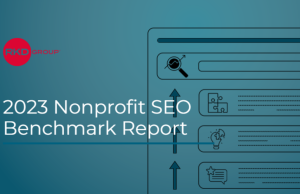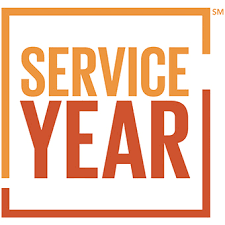Even financial professionals often don’t understand the difference between blockchain and Bitcoin. They are not synonymous terms. A blockchain is a ledger where transactions are recorded and confirmed anonymously. It is a record of events that is shared between many parties. Once information is entered it can’t be altered. Bitcoin is just one of the first applications of blockchain.
Cryptocurrency and process are confusing to many. Jay Schulman, principal and lead of the Blockchain and Cryptocurrency practice at RSM US LLP based in Oak Park, Ill., started breaking it down for attendees of this week’s AICPA Governmental and Not-For-Profit Training Program in Las Vegas, Nev.
In a session titled “Blockchain: Preparing for Disruption,” Schulman cited Financial Times writer Sally Davies who wrote that “blockchain is to Bitcoin what the Internet is to email.” It is a “big electronic system, on top of which you can build applications. Currency is just one,” according to the Davies quote.
Schulman explained that Bitcoin and other cryptocurrencies are digital coins bought and sold like stocks and commodities exchanged for other digital coins, issued to raise money and make purchases. They aren’t regulated and the Internal Revenue Service (IRS) considers Bitcoin to be property.
Blockchain is used for storing value, computing transactions and storing information, he explained. What it means for financial professionals is that multi-country transactions can be conducted for international charities. It also provides a level of transparency for transactions so people can see donations and their use.
When it comes to use by charities, blockchain can be used for charitable giving, cross-border payments, transparency, aid disbursement, digital identity, property rights, and smart contracts. Nonprofits can pay contractors on verification of completion, rather than via funds withdrawals and grant recipients on meeting requirements.
To accept Bitcoin you need create a Bitcoin wallet, share with donors a Bitcoin public address in a secure manner and record Bitcoin donations with a value in U.S. dollars. It’s a good idea to have a vendor that will accept, process and convert to Bitcoin to hard currency.
Bitcoin can be a challenge and there is risk that must be evaluated, according to Schulman. For example, all transactions are final. You can’t reverse transactions. If you transfer Bitcoin to the wrong wallet it is gone forever. Hackers can also get at wallets.











